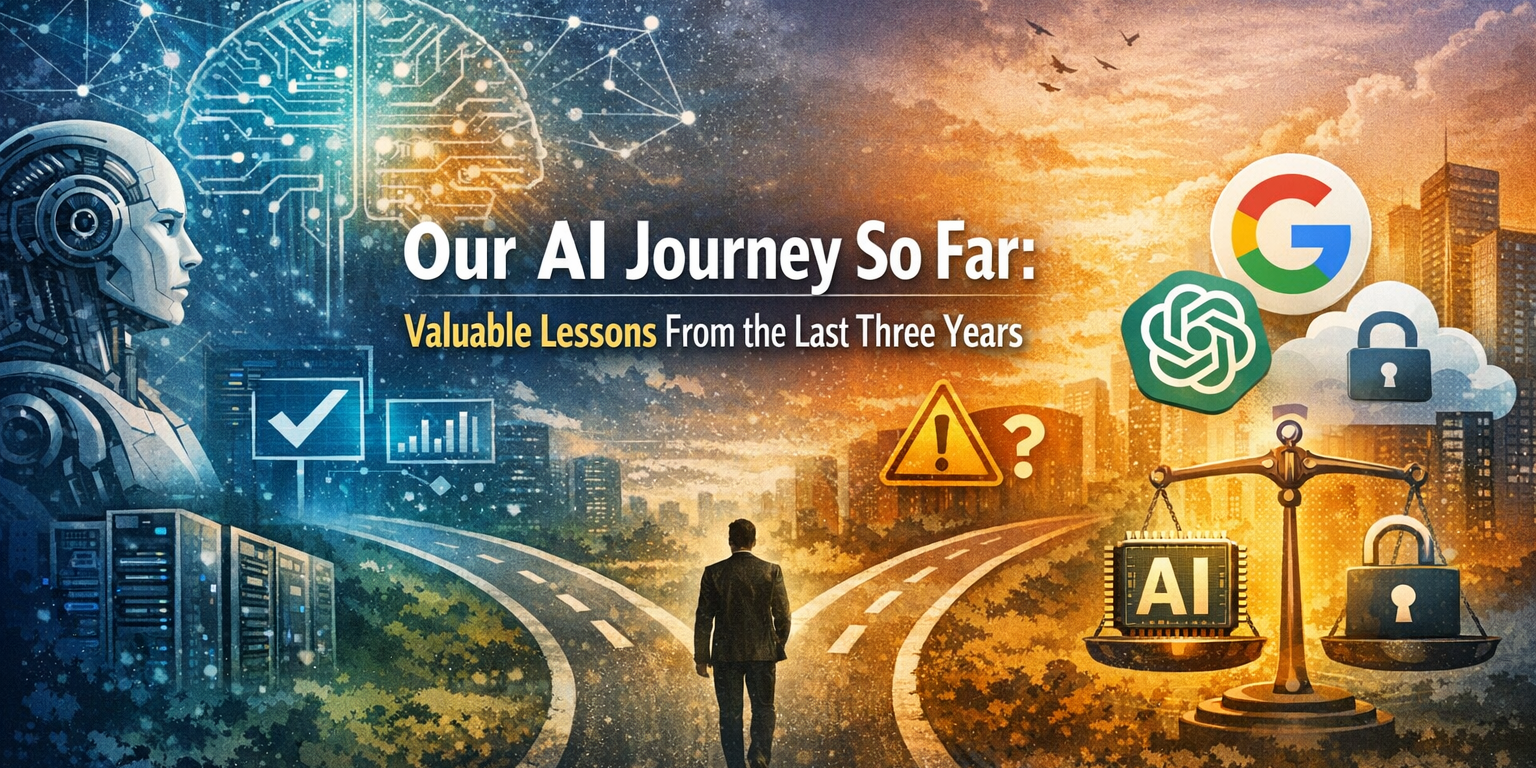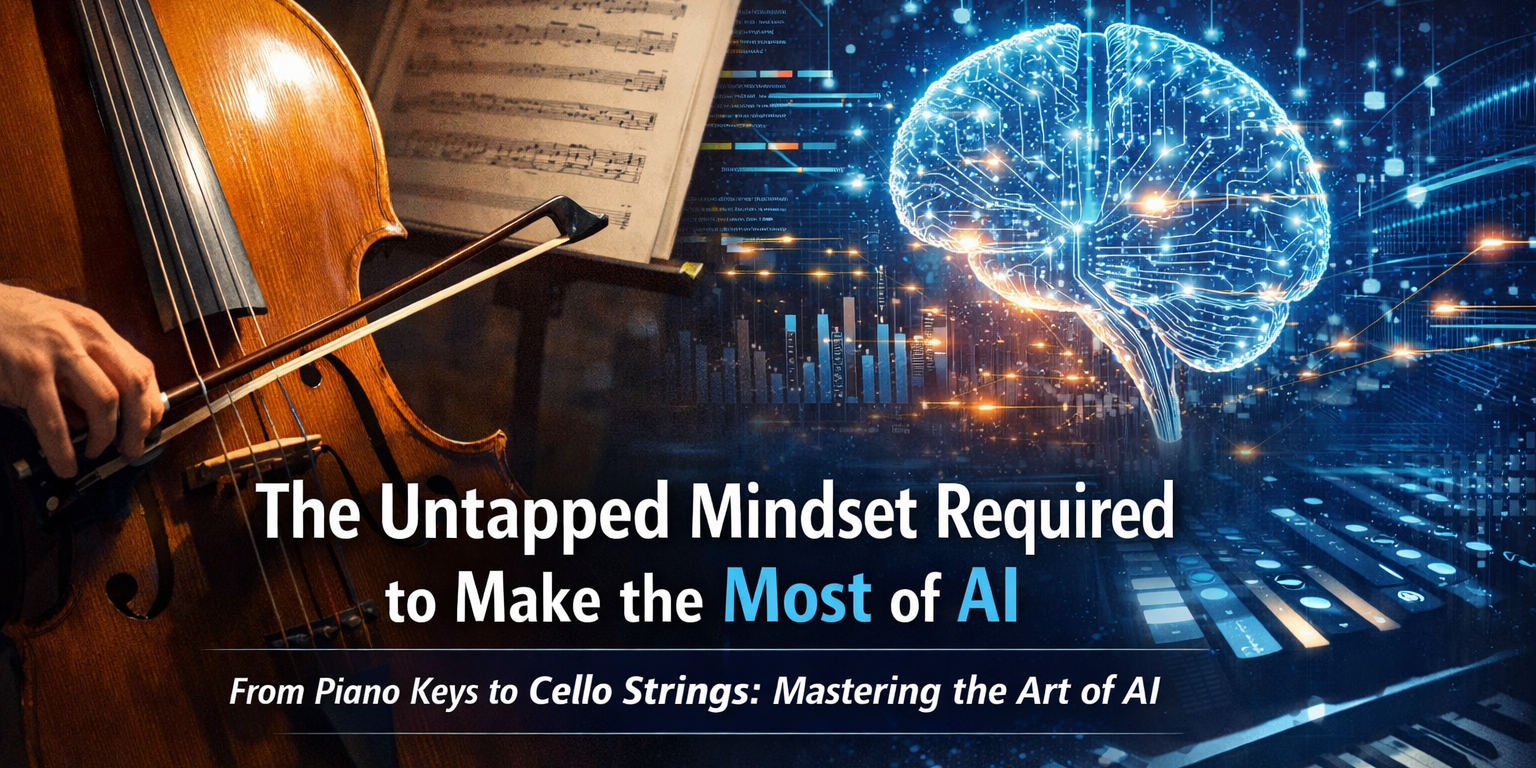That bond may be artificial, but it feels real. And perception drives behavior. Which means it has direct consequences for brands.
Why This Matters
When we design AI-powered experiences for clients, we’re not just programming functions—we’re programming relationships. Tone, personality, and emotional resonance can make or break the experience.
Here are three big implications:
-
Emotional attachment
Customers may form genuine feelings toward AI assistants. If designed with care, that connection can deepen trust, drive retention, and enhance personalization. But if it feels too lifelike—or worse, misleading—it risks breaking trust once users realize they’re bonding with code, not a person. -
Brand voice is now AI voice
Every AI interaction reflects your brand. How warm, assertive, or empathetic it sounds is a direct extension of your values. A mismatch (too cold, too flirty, too confident) can damage credibility, alienate users, or even open legal/PR risks. -
Differentiation through emotional intelligence
In crowded markets, emotionally intelligent AI can set you apart—especially in B2B, customer service, or wellness. But there’s a line: push too far, and it may be seen as manipulative or exploitative, particularly if users aren’t fully aware they’re bonding with AI.
The Takeaway
Handled well, this is a loyalty and innovation opportunity—a chance to create AI-powered experiences that feel natural, supportive, and aligned with your brand. Handled carelessly, it risks confusion, backlash, and broken trust.
The human factor in AI isn’t just coming—it’s here. The question for brands is whether you’re ready to lead with empathy, or risk being caught off guard.
Further Reading
- Emotional bonding with AI: Evidence from a peer-reviewed study on chatbot companionship – Springer, *Current Psychology*
- How workers are starting to treat AI like coworkers and companions – Business Insider
- People are falling in love with ChatGPT, and that's a major problem – TechRadar
— Yas Dalkilic
Head of AI, RAB2B



